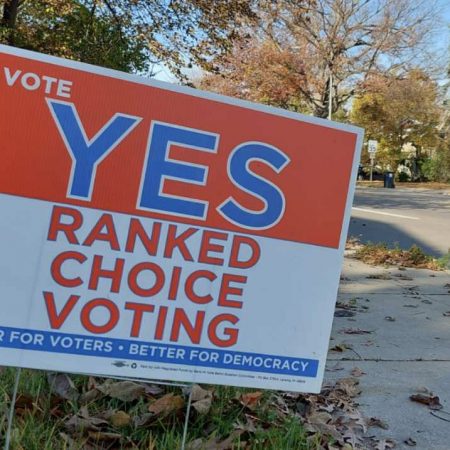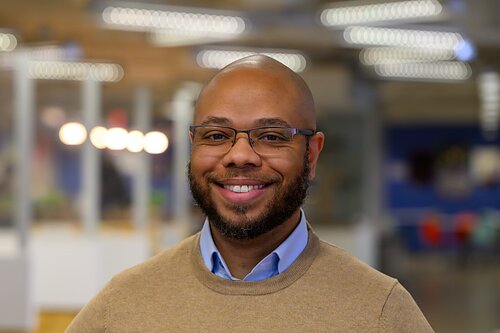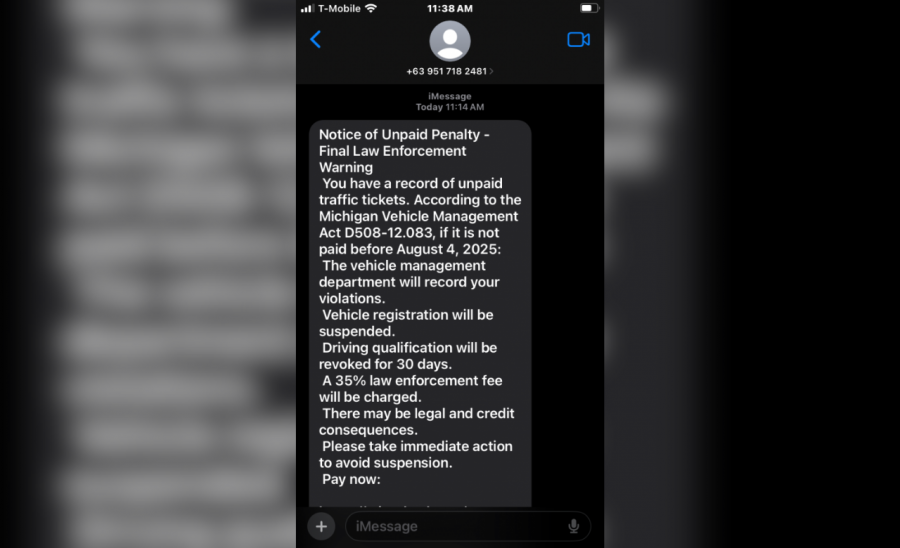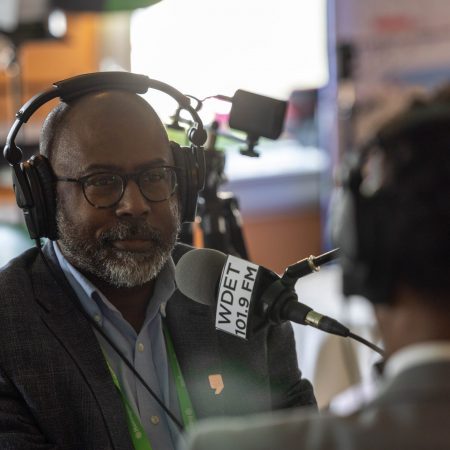Op-ed: Stand with the public media journalists holding power accountable
With the stroke of a pen, President Trump approved a $1.1 billion cut in July that ends federal support for public media, jeopardizing independent journalism across America. Now, rural and tribal stations face severe cuts or closure, and stations like Detroit Public Radio, which depends on hundreds of thousands of dollars annually in federal funding, might never be the same.
This should concern every American who cares about democracy. The U.S. stands among a select few nations with a truly free press, protected by the First Amendment. But democracy doesn’t sustain itself; it demands active support.
Here at WDET, I am proud to say our journalists are part of that scaffolding. We speak truth to power, hold government officials accountable, and bring you essential reporting that digs into what local leaders are doing and how it affects you.
How WDET works for its community
On The Metro, the daily news and culture show I co-host with Tia Graham, we put local leaders in the hot seat and amplify unheard community voices daily.
Without this type of independent journalism, democracy weakens.
I am also proud to say that, unlike so much of the media competing for your attention, public broadcasters like WDET do not chase clicks or corporate sponsors — our mission is rooted in the public interest. That independence makes us a watchdog against corruption, a provider of emergency alerts, and a trusted news source.
But because we inform people honestly, it upsets powerful people — those who benefit from public ignorance or propaganda.
Without a free press, power goes unchecked, transparency disappears, and trust erodes. In the absence of local independent media, who is holding city council accountable? Who is investigating your local school board or monitoring law enforcement transparency? Studies show when local news disappears, voter turnout drops, polarization rises, and people feel less connected to their community.
A rising trend
While the erosion of local journalism may feel gradual, the danger to press freedom is neither new nor confined to city limits. Around the world, journalists face harassment, imprisonment, and even death for pursuing the truth. We don’t need to look further than the Committee to Protect Journalists to see myriad documented examples of that, abroad and here in the U.S.
But let’s fix our gaze abroad for a moment, because this playbook — weakening independent media — is a timeless tactic deployed by authoritarian rulers across the globe.
In Italy, Prime Minister Giorgia Meloni has packed its public broadcaster with loyalists. This has silenced critical voices and rewritten national narratives.
In Poland, the ruling party seized control of public media, firing hundreds of journalists. It has turned it into a government mouthpiece.
Without a free press, power goes unchecked, transparency disappears, and trust erodes
In Greece, the government abruptly shut down ERT—public radio and TV—with no warning, claiming cost savings, then it hijacked its equipment. It was seen as an attempt to silence independent media.
In Argentina, the far-right President Javier Milei dissolved Télam, the national news agency founded in 1945, accusing it of being “propaganda.” Observers say this is part of his battle with the press and comes amid deep cuts to the public sector.
In the Philippines, Congress refused to renew the license of its leading broadcaster. This move was widely viewed as retaliation for the network’s critical news coverage of President Rodrigo Duterte’s administration.
Again, I want to be clear: These tactics—defunding, censorship, co-option—are a familiar playbook among leaders who fear accountability. And the move to defund public media in the U.S. is part of that playbook. We cannot let this country go down the same path — a nation that has enshrined the free press in its Constitution.
Support public media
Public media’s history is rooted in education, service, and community connection. From classroom broadcasts in the early days of radio to today’s hard-hitting reporting that holds powerful people accountable, public media like WDET is an institution, both a Detroit one and one that prioritizes your access to information.
Today, your support means we can continue challenging the powerful and protecting your right, and your community’s right, to know. Please consider donating now at wdet.org/give because democracy depends on all of us.
An abbreviated version of this op-ed appeared in the Detroit Free Press.
Support local journalism.
WDET strives to cover what’s happening in your community. As a public media institution, we maintain our ability to explore the music and culture of our region through independent support from readers like you. If you value WDET as your source of news, music and conversation, please make a gift today.The post Op-ed: Stand with the public media journalists holding power accountable appeared first on WDET 101.9 FM.
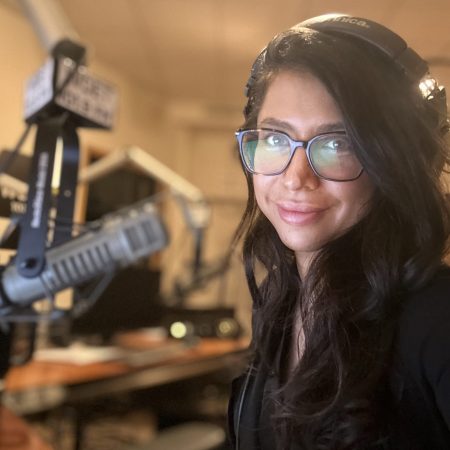

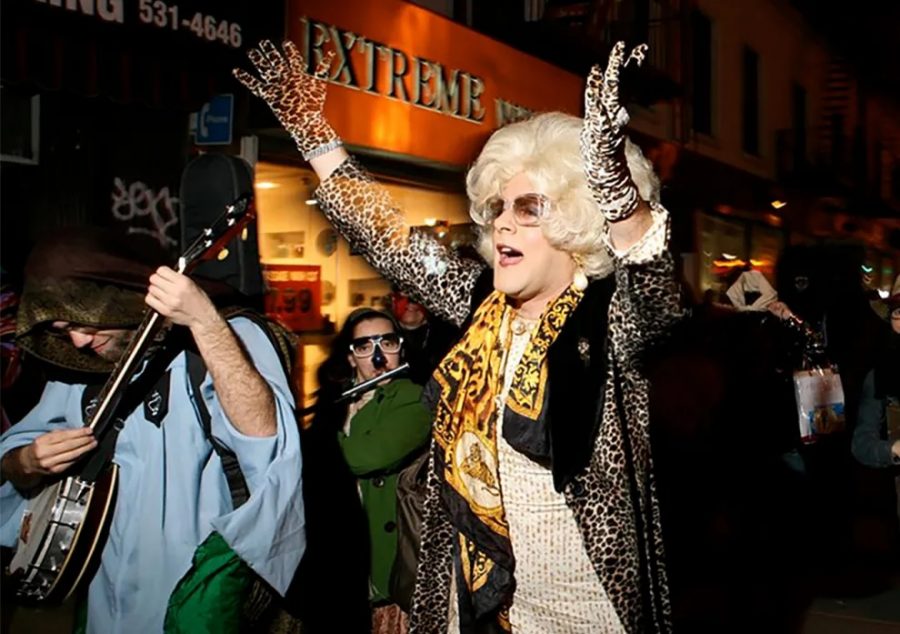
![] (6)](https://wdet.org/wp-content/uploads/2025/09/6-900x534.png)
